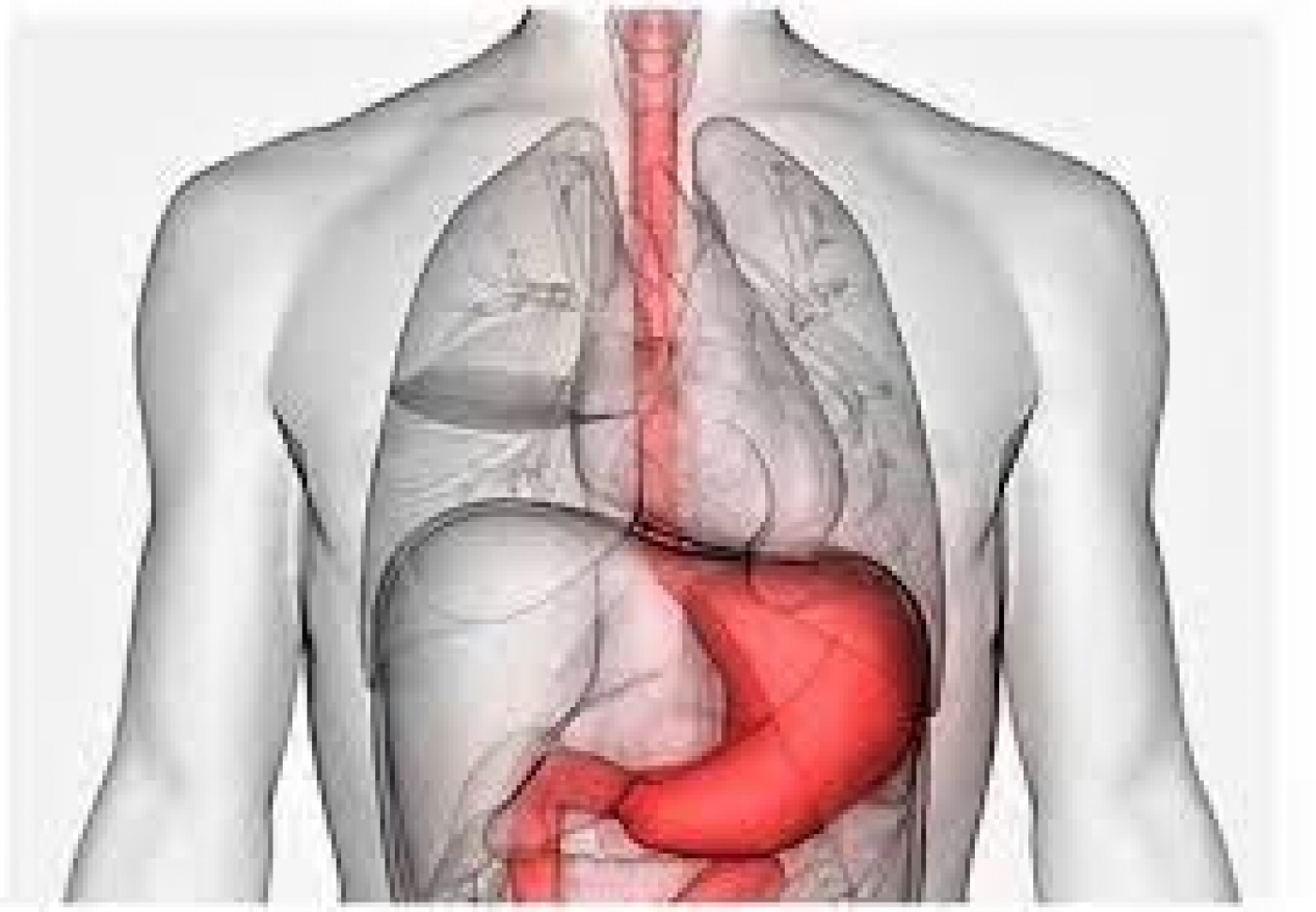The physician advised people with ulcers to avoid eating acidic food and citrus fruits like orange, lime, lemon, tangerine, grapes, drinks and tea with caffeine, and chocolates.
Speaking in an interview with PUNCH HealthWise, Dr. Rotimi highlighted symptoms of ulcers include burning stomach pain, heartburn, feeling of fullness, bloating or belching, intolerance to fatty foods, nausea, and water brash, especially in the case of oesophageal ulcers.
He said, “Ulcers may cause severe signs or symptoms as a result of complications. These include vomiting or vomiting blood which may appear red or black; dark blood in stools, or stools that are black or tarry. There could be difficulty in breathing, feeling faint, nauseous, unexplained weight loss and appetite changes.”
On the management of ulcer, Dr. Rotimi said, “The doctor would have to talk about the history or onset of the ailment with the patient. The patient needs to be examined and investigated before treatment commences. This is what constitutes the management of ulcer.
“The investigations we normally do are H. Pylori test to confirm the bacteria infection implicated in ulcers and a confirmatory test called endoscopy. The endoscopy allows the doctors to view the lining of the gastrointestinal tract, oesophagus, stomach and intestines.
“If H. pylori is found in the digestive tract, the doctor will recommend a combination of antibiotics to kill the bacterium. Proton pump inhibitors are also recommended as it helps to reduce stomach acid by blocking the action of the parts of cells that produces acid.”
Dr. Rotimi recommended frequent washing of the hands with soap and water, as well eating balanced meals daily as protection against H.Pylori bacteria.
“Regular use of painkillers increases the risk of peptic ulcer. Steps must be taken to reduce the risk. Avoid taking medications with meals and avoid drinking alcohol when taking medications, as the two can combine to increase the risk of stomach upset.
“Those that regularly take painkillers will have to take additional medications such as antacid, Proton-pump inhibitors or cytoprotective agent, which stimulate mucus production and enhance blood flow throughout the lining of the gastrointestinal tract. Those undergoing stress should manage it well as acid production increases during stress.
“People who have ulcers may get experience worsening of the symptoms or develop complications during fasting or when they skip meals. Such people are encouraged to be on medications to prevent complications if they have to fast. In essence, fasting, skipping meals or hunger strike does not cause ulcer as perceived by the public.”
Source: HealthWise







